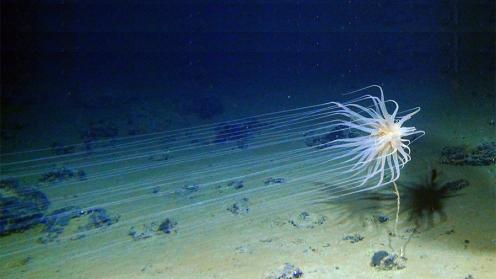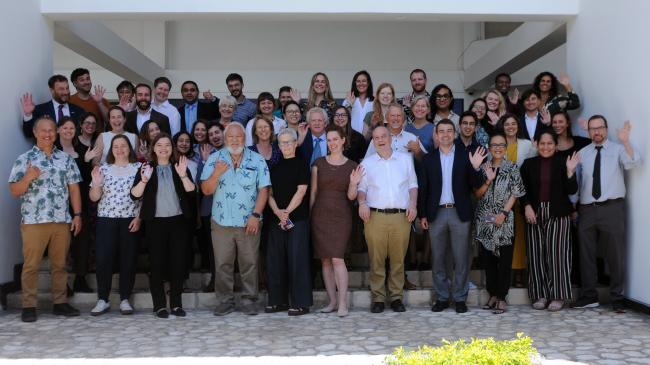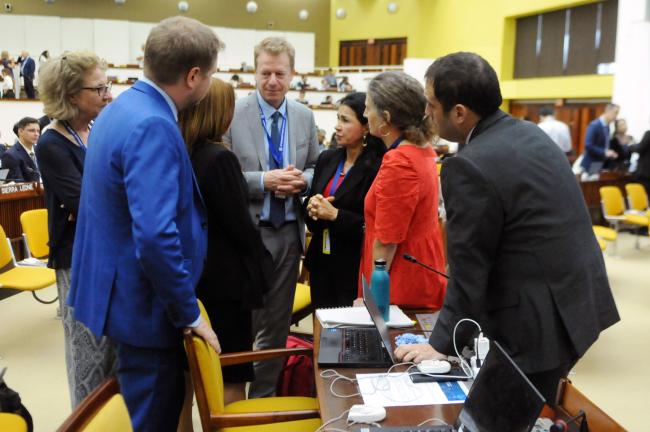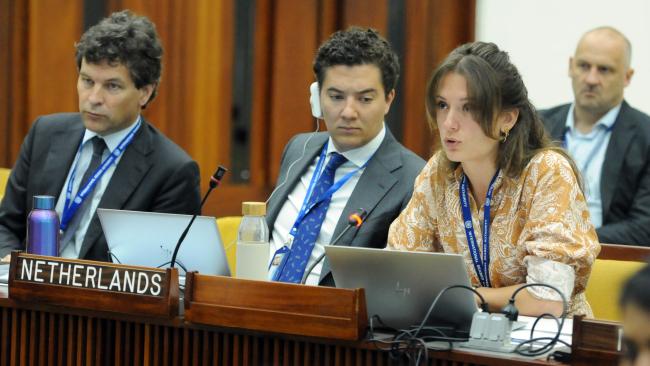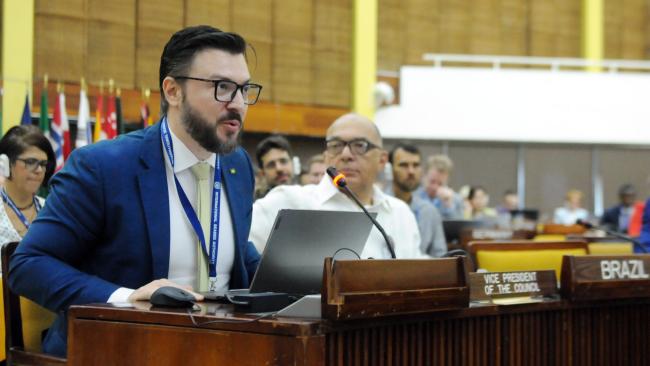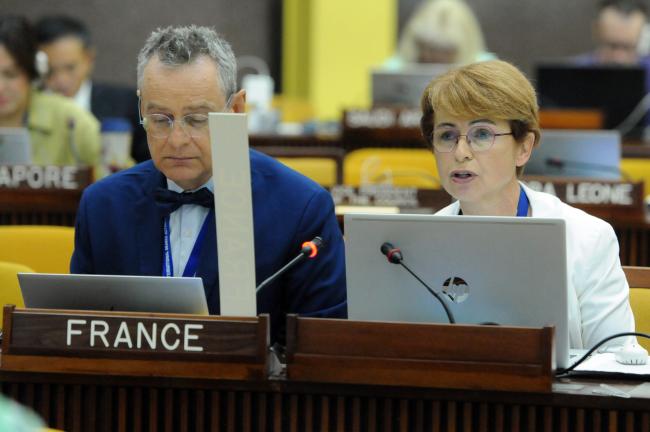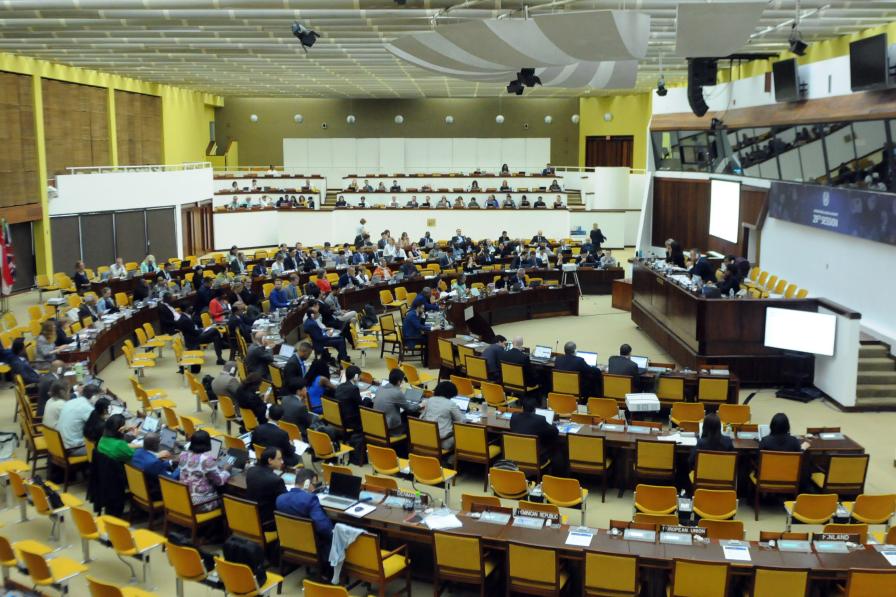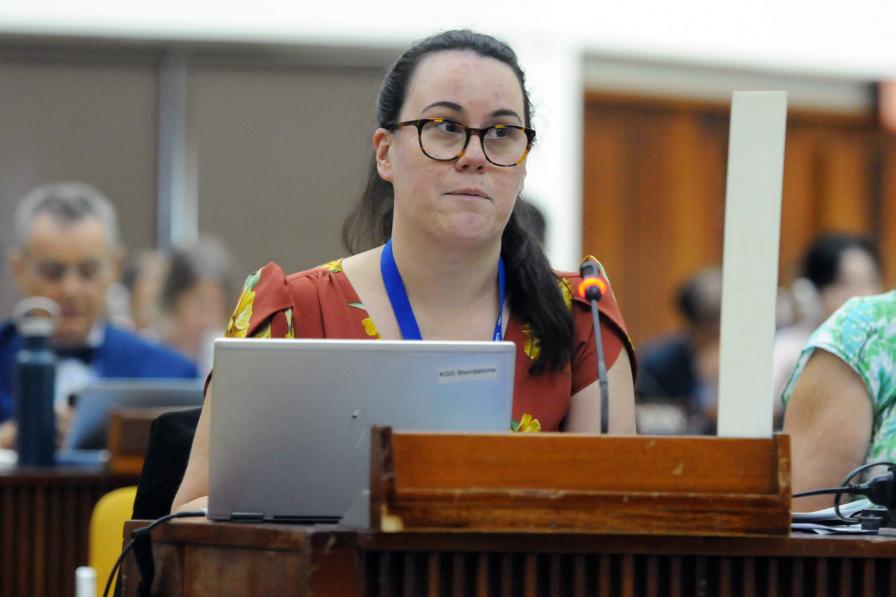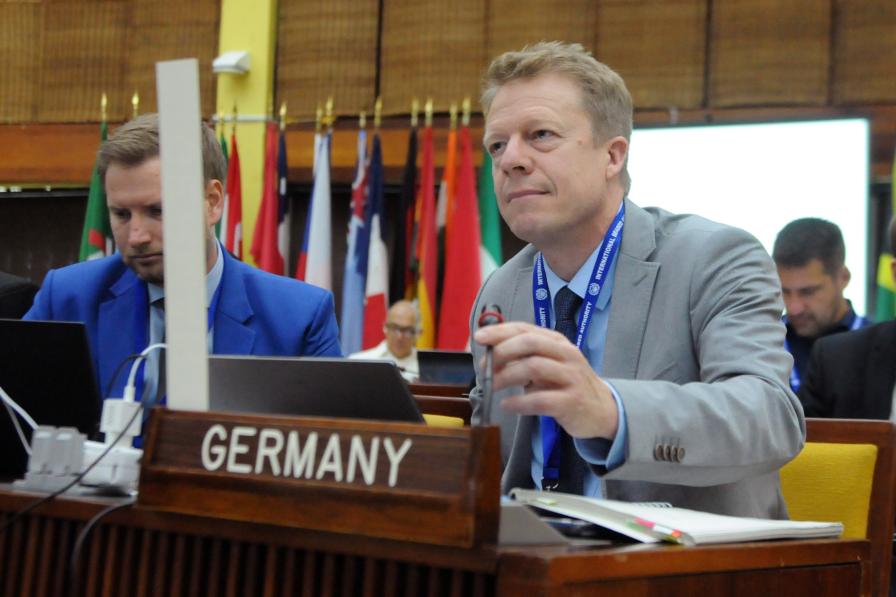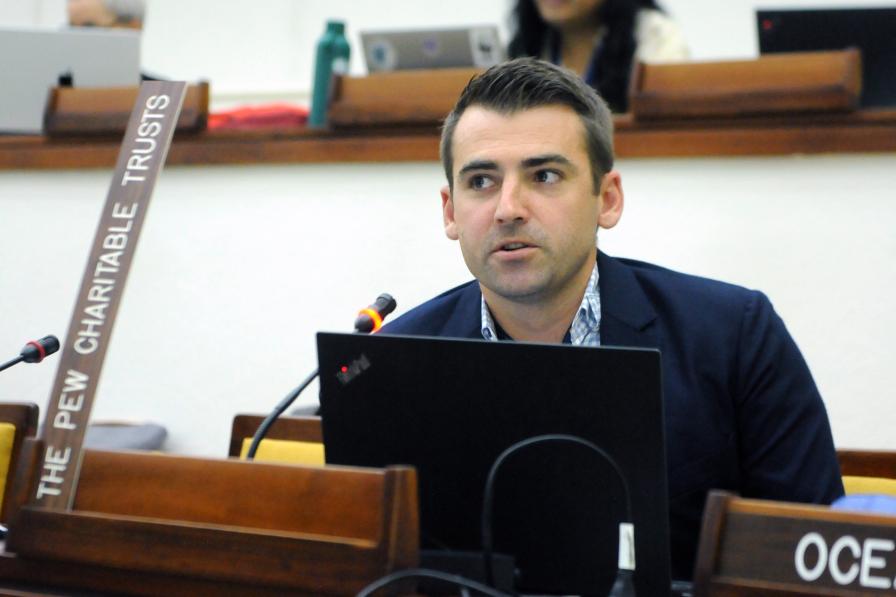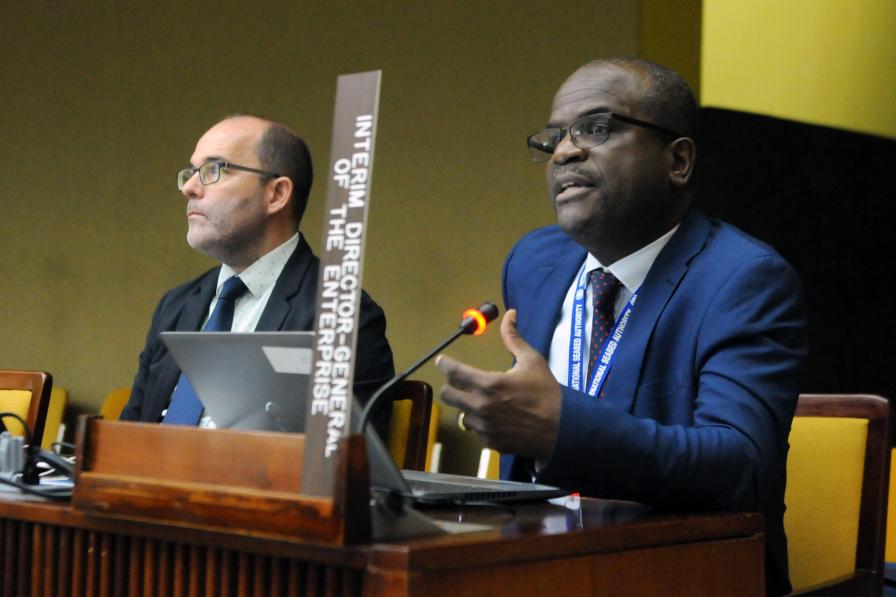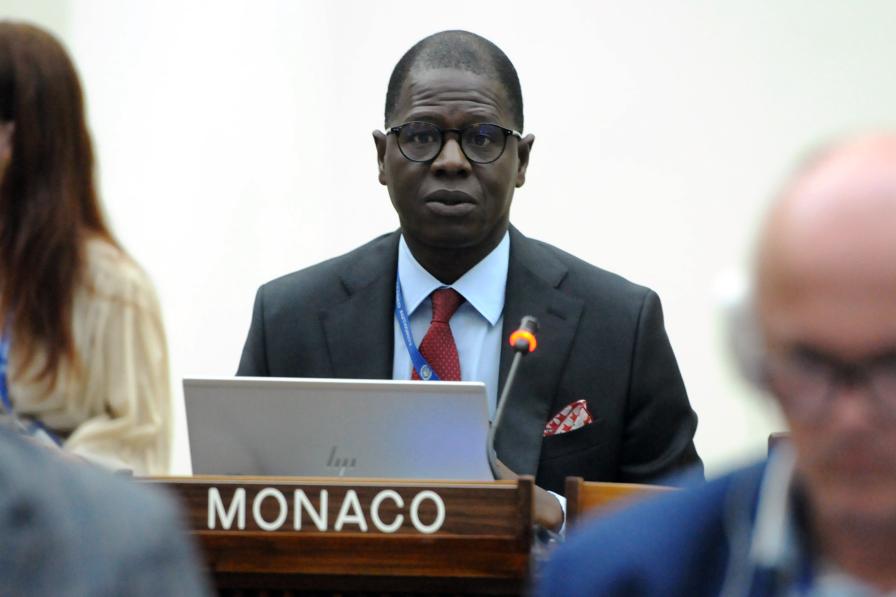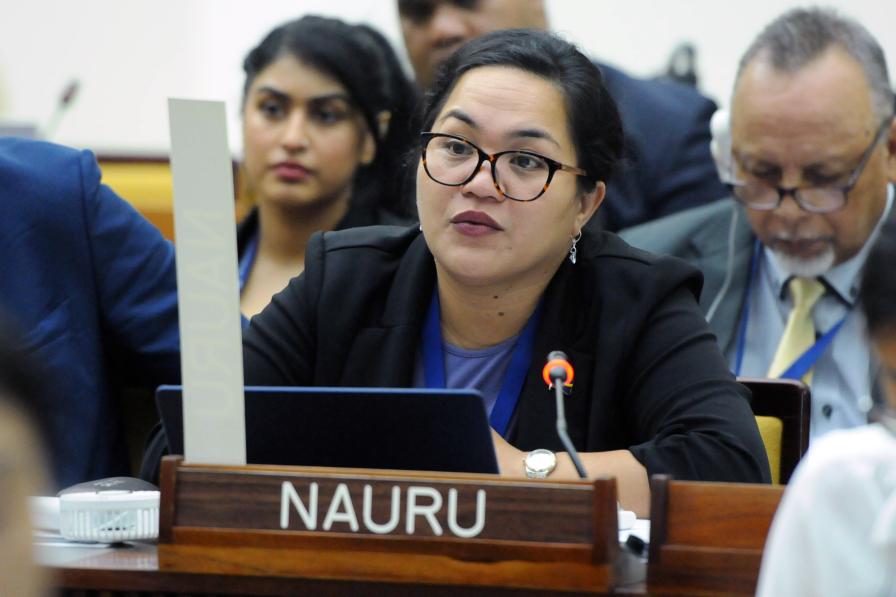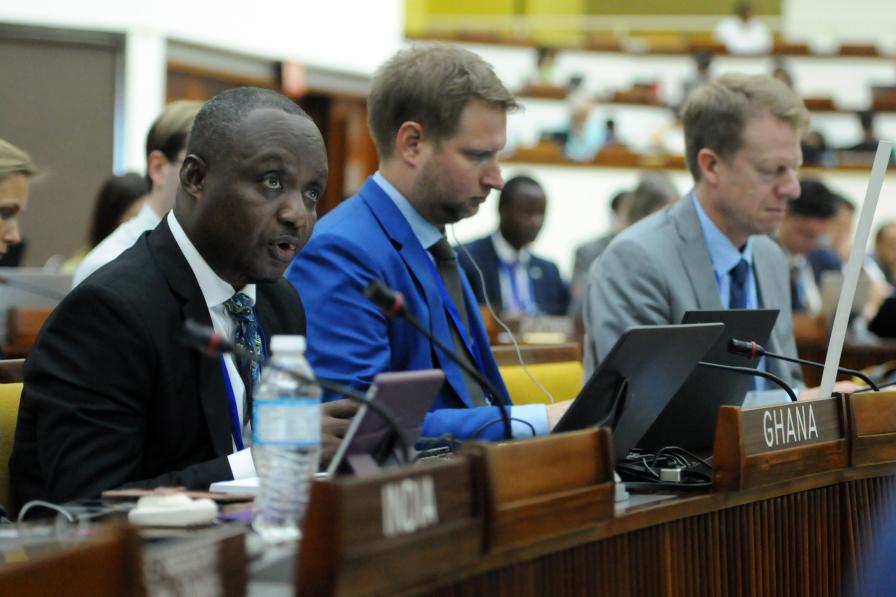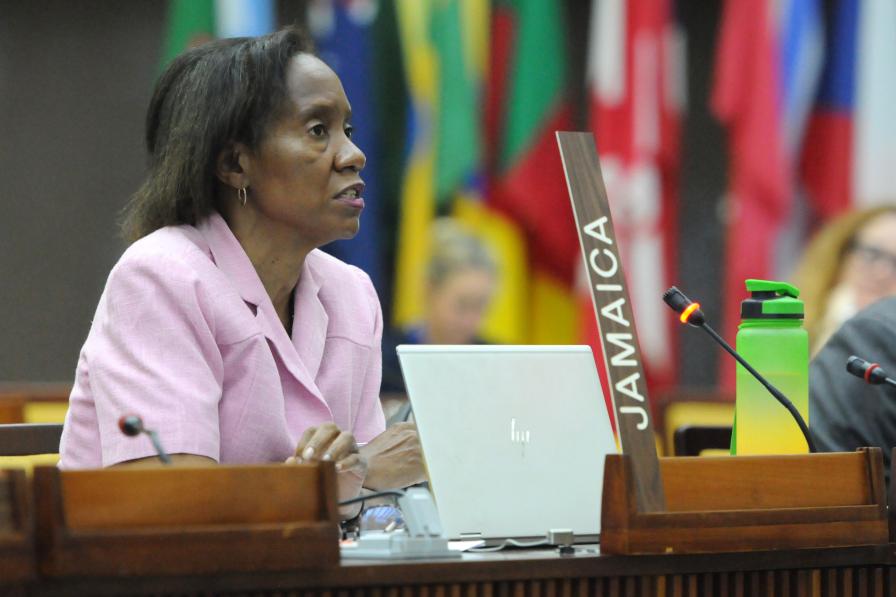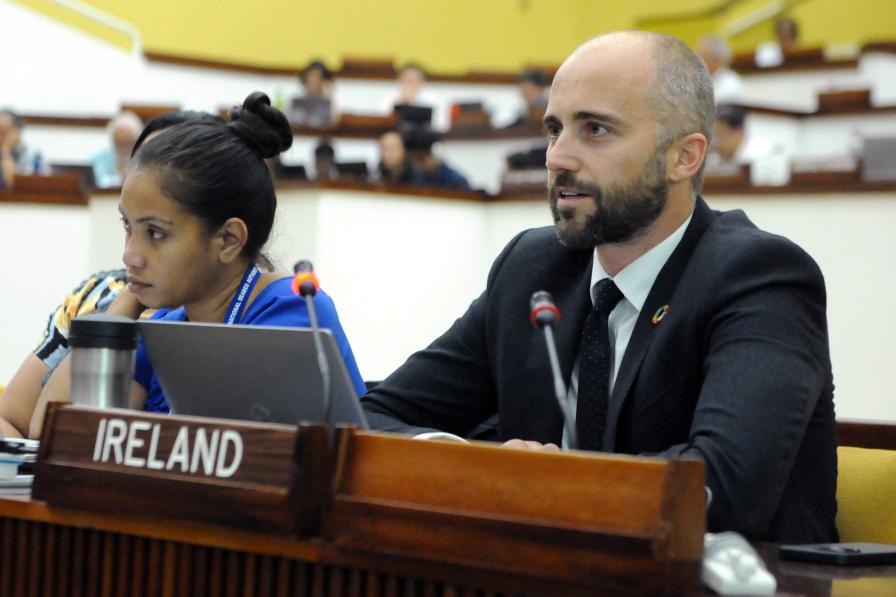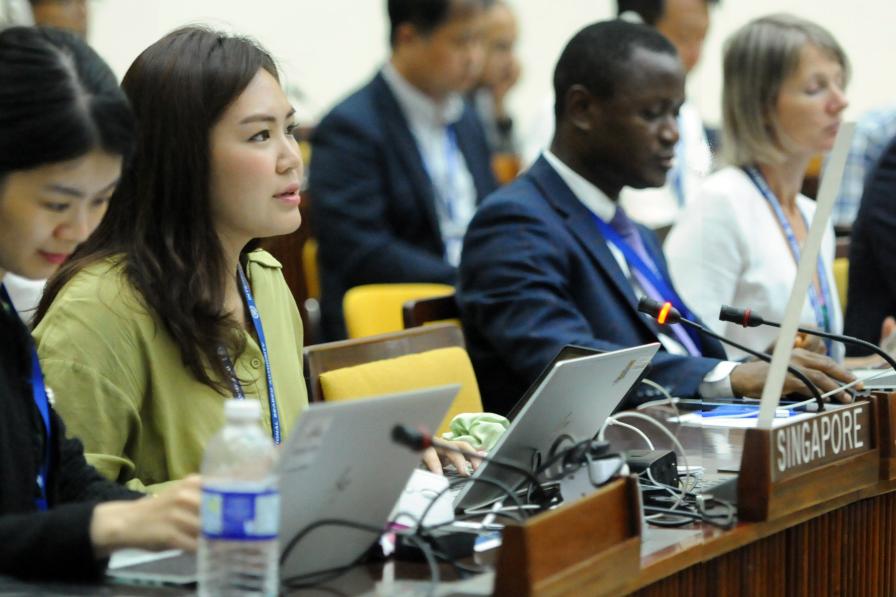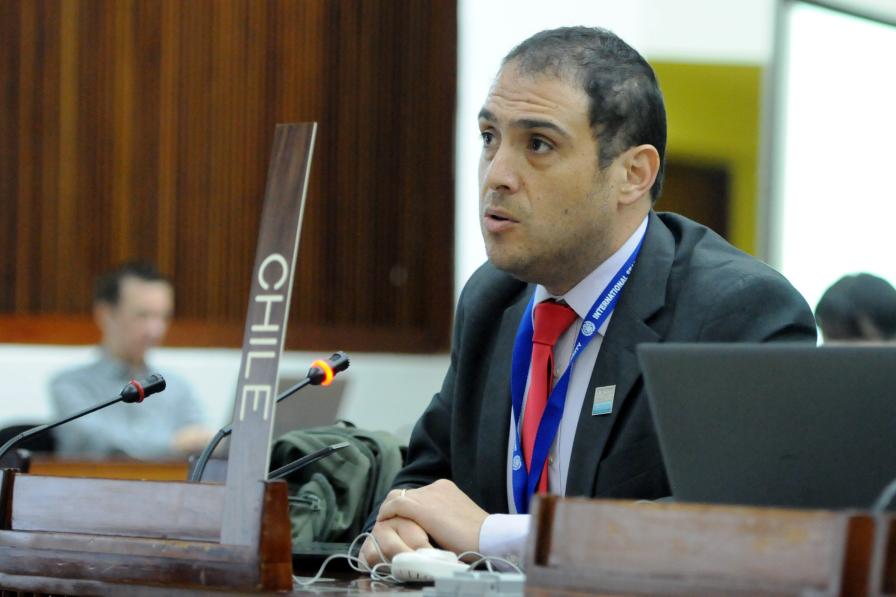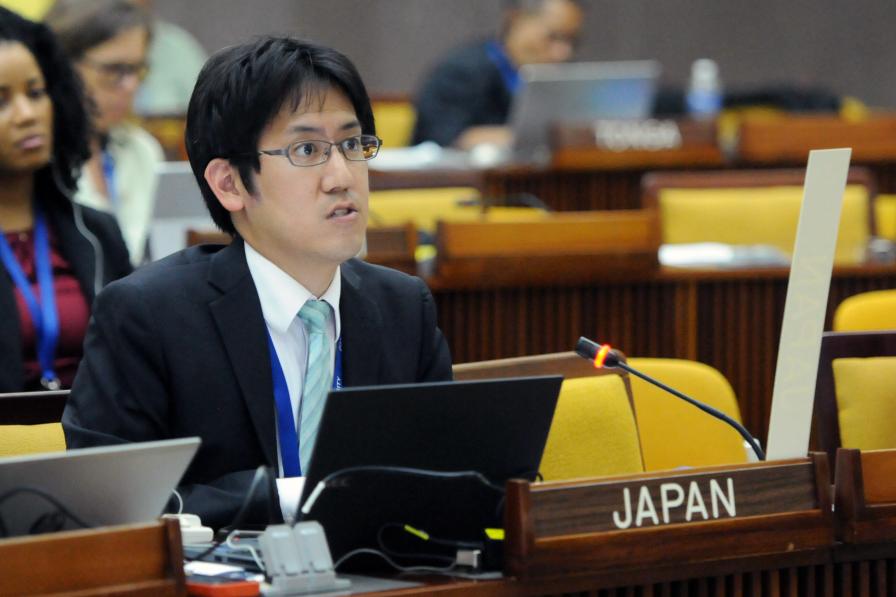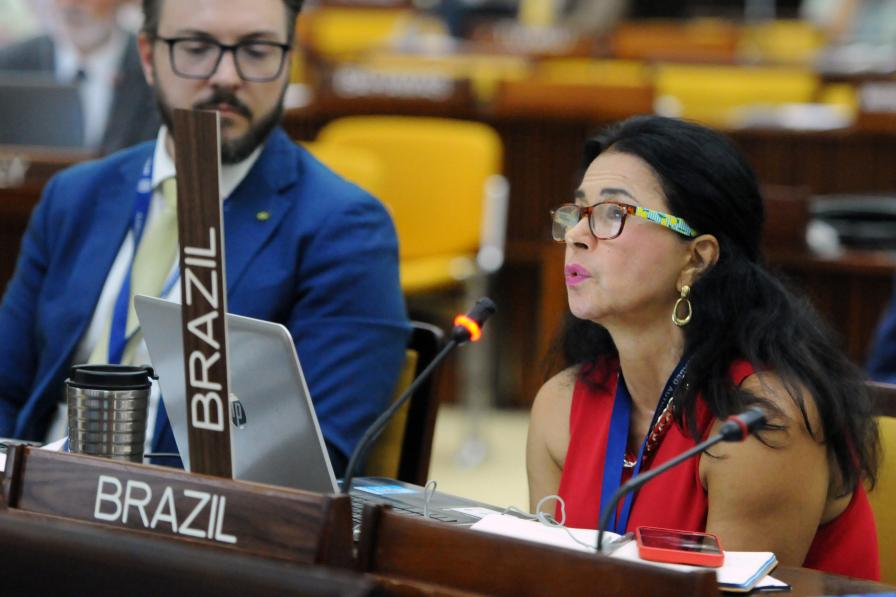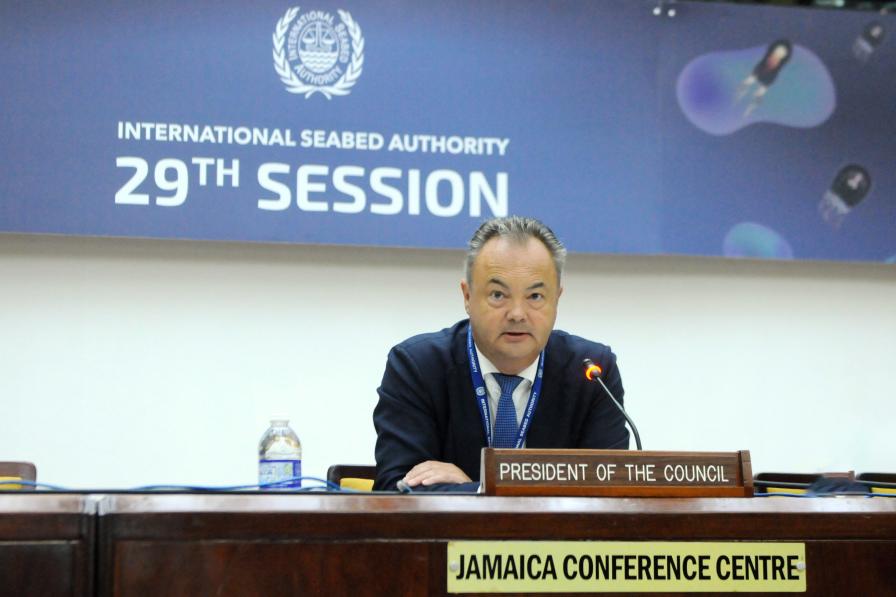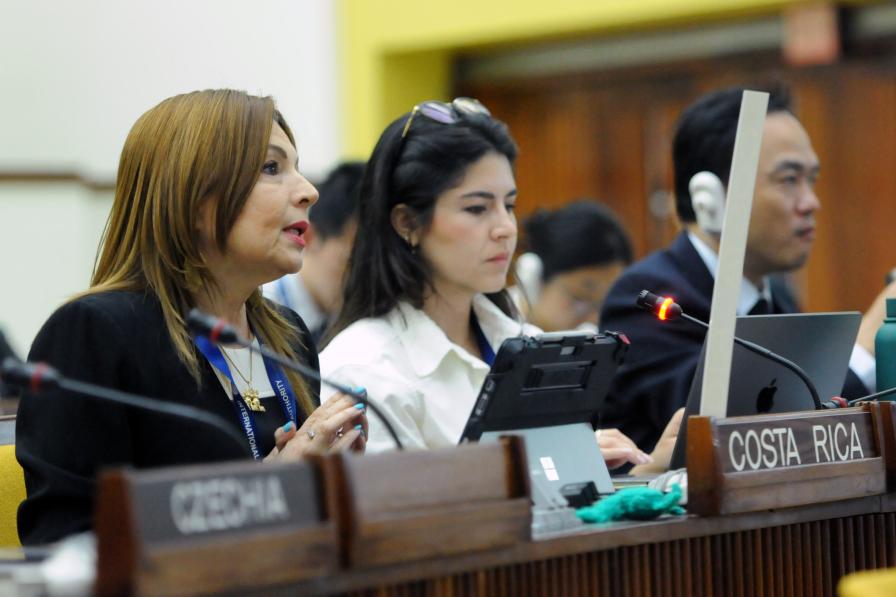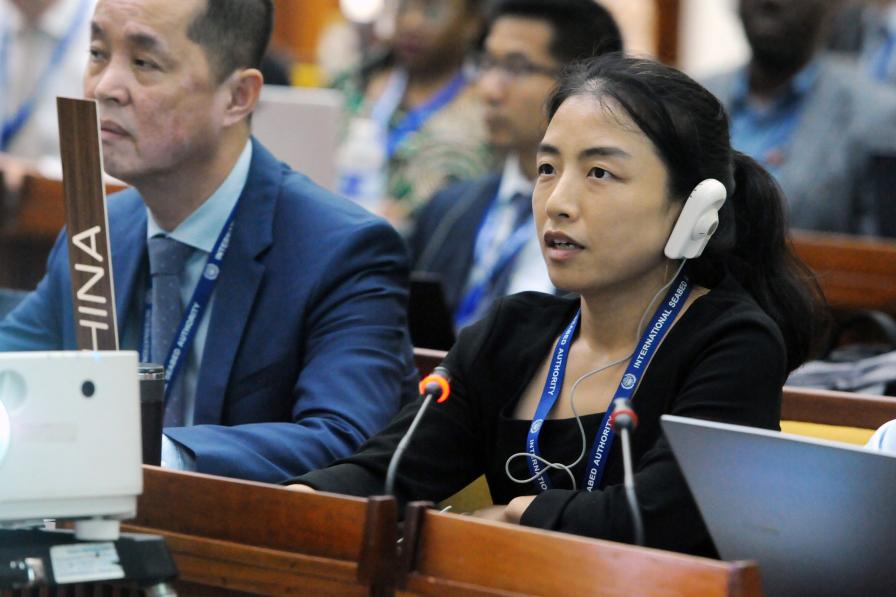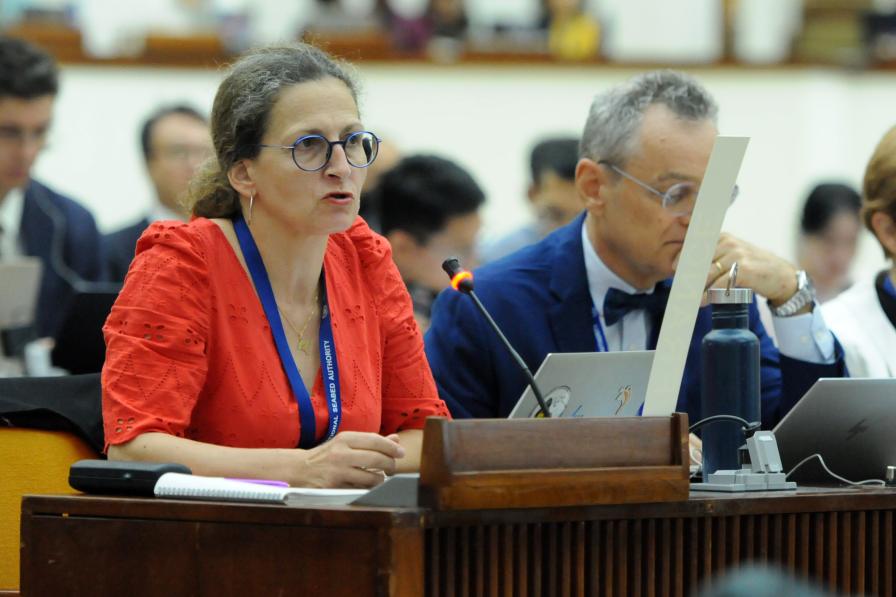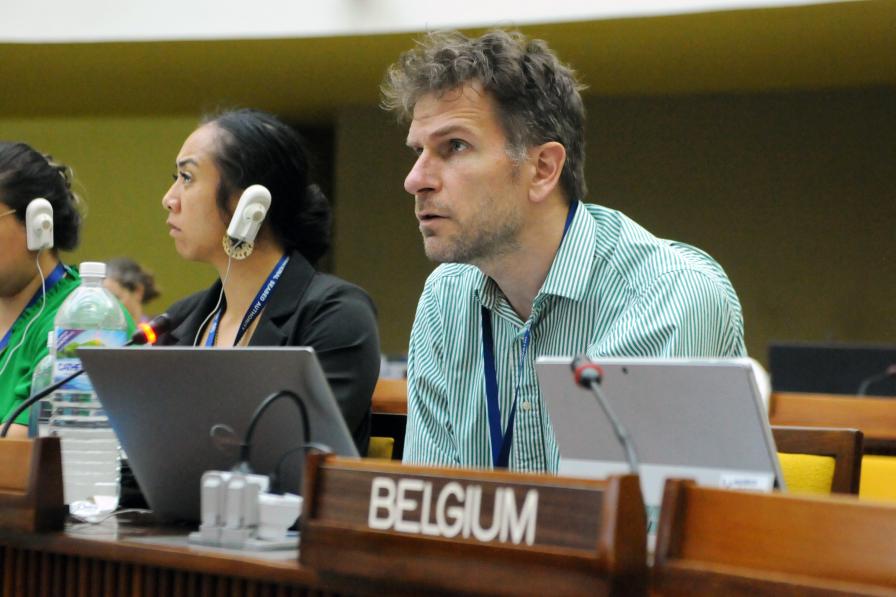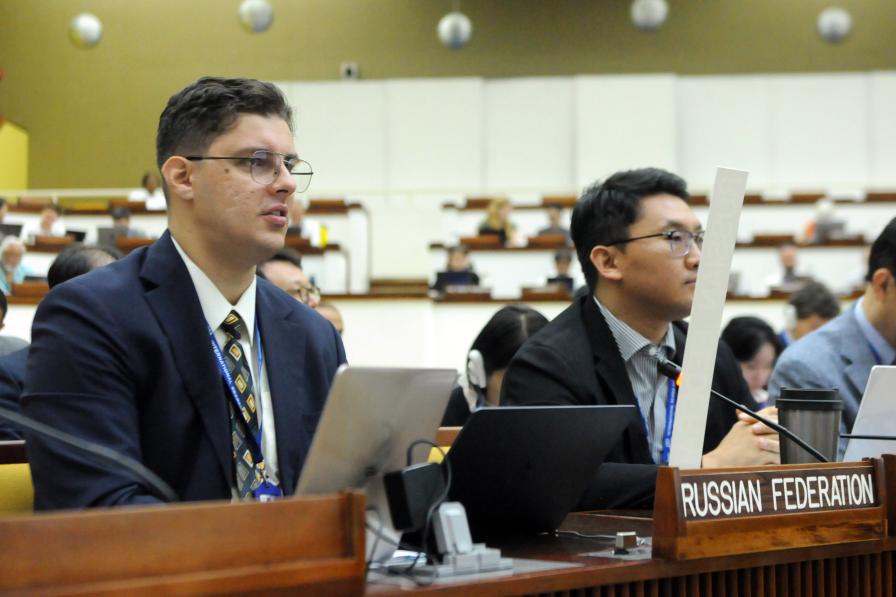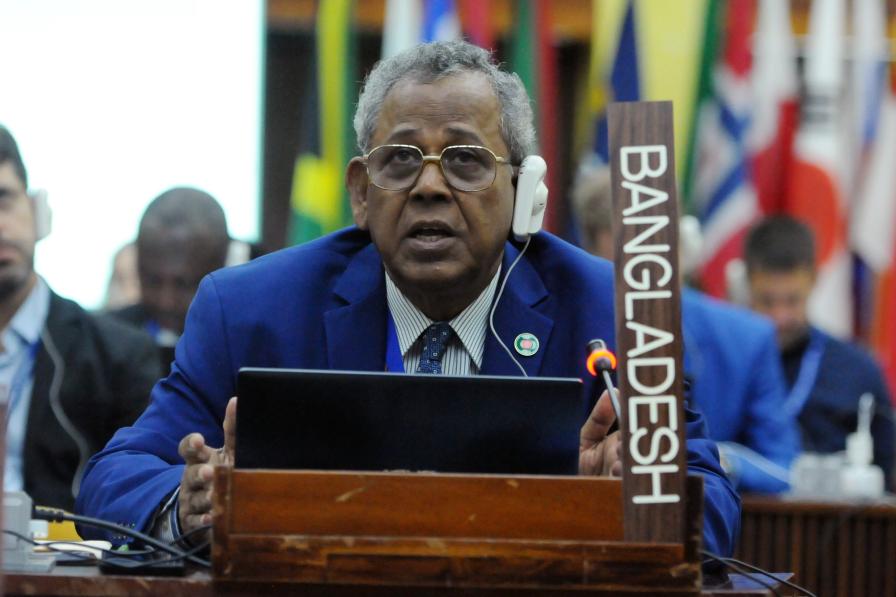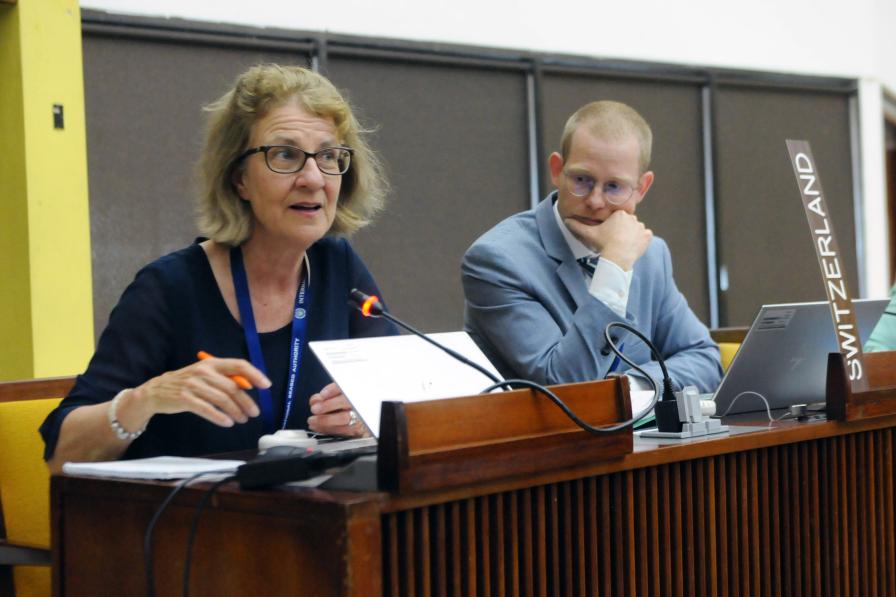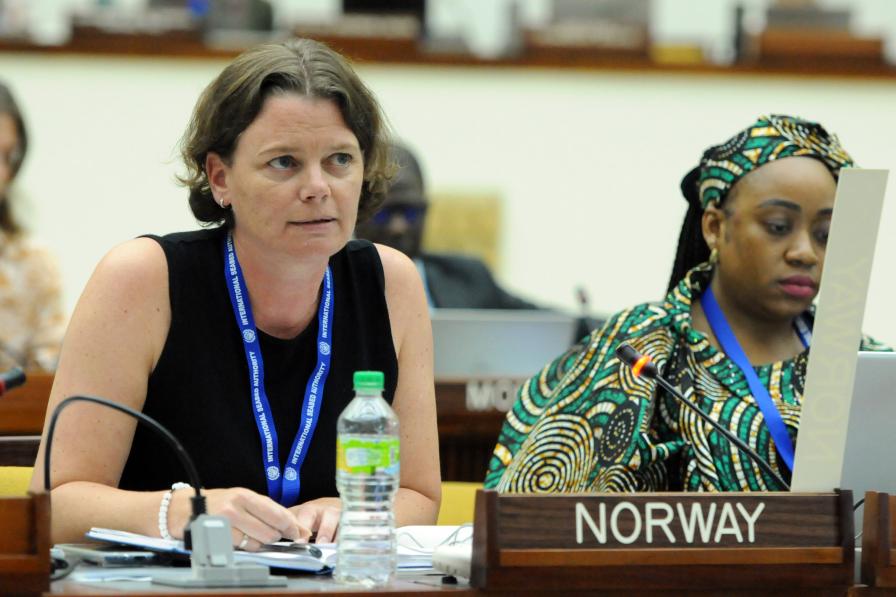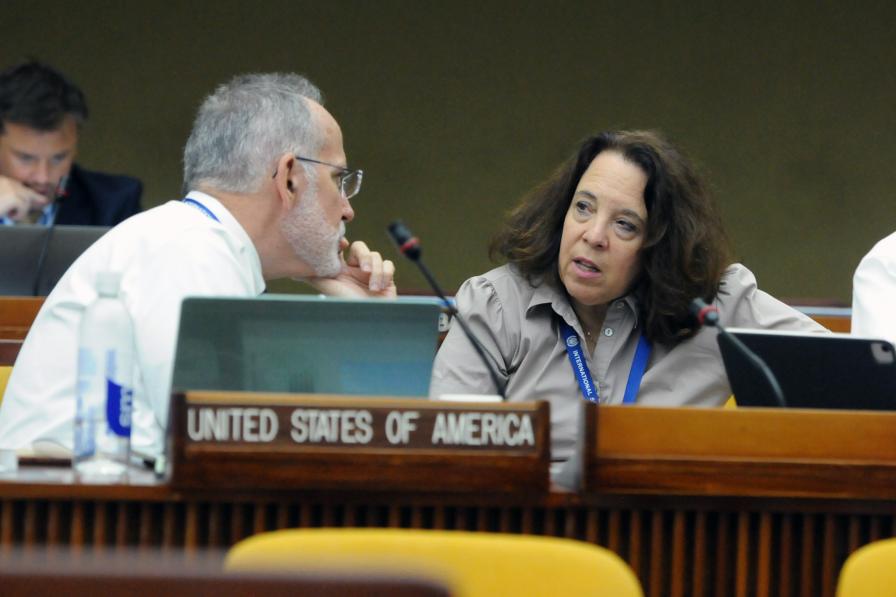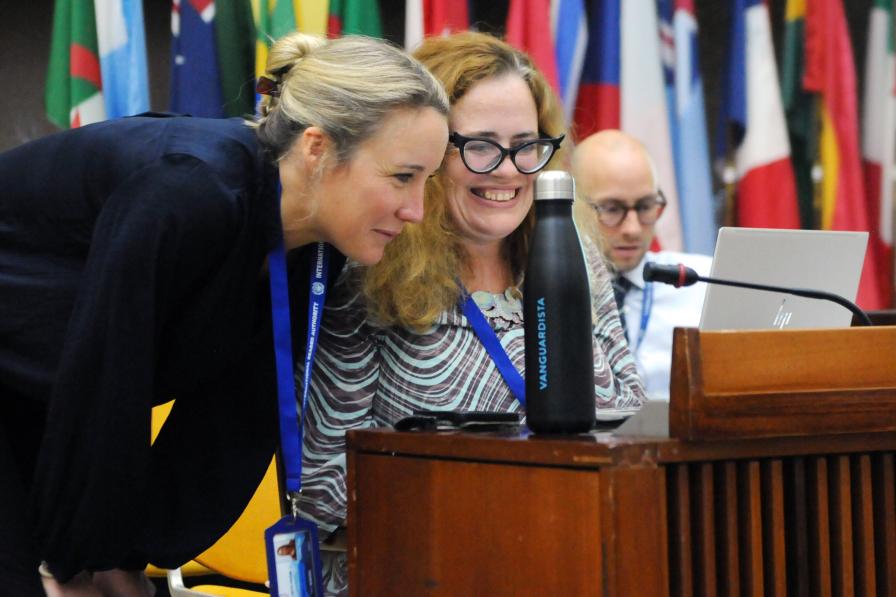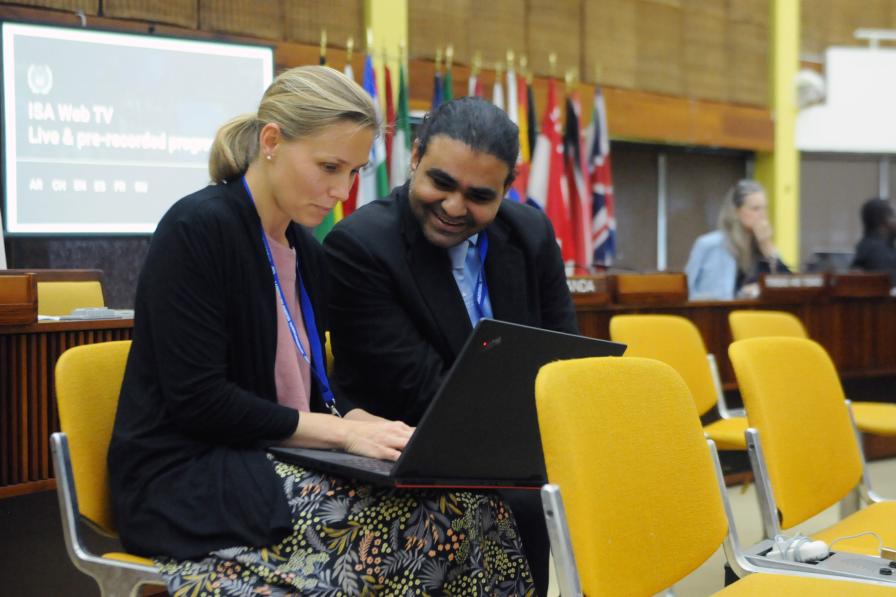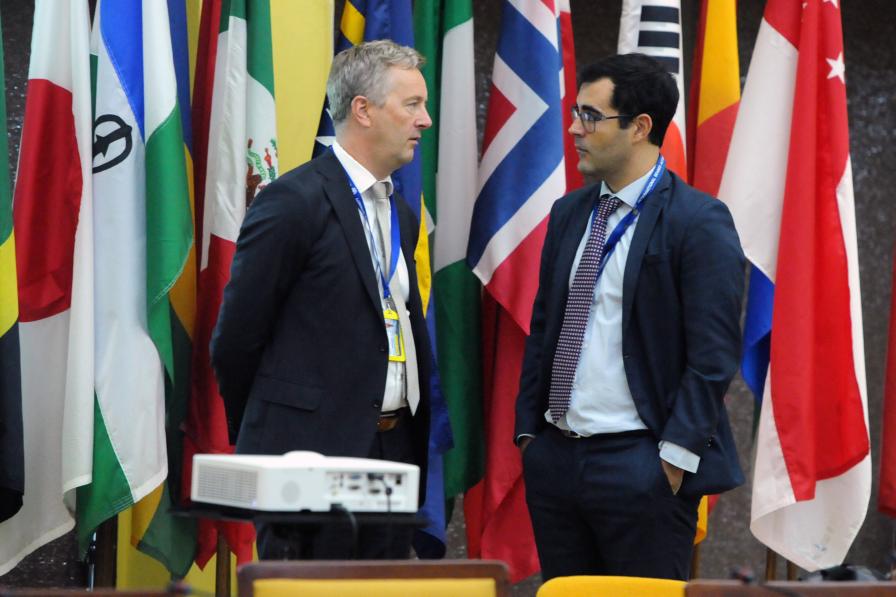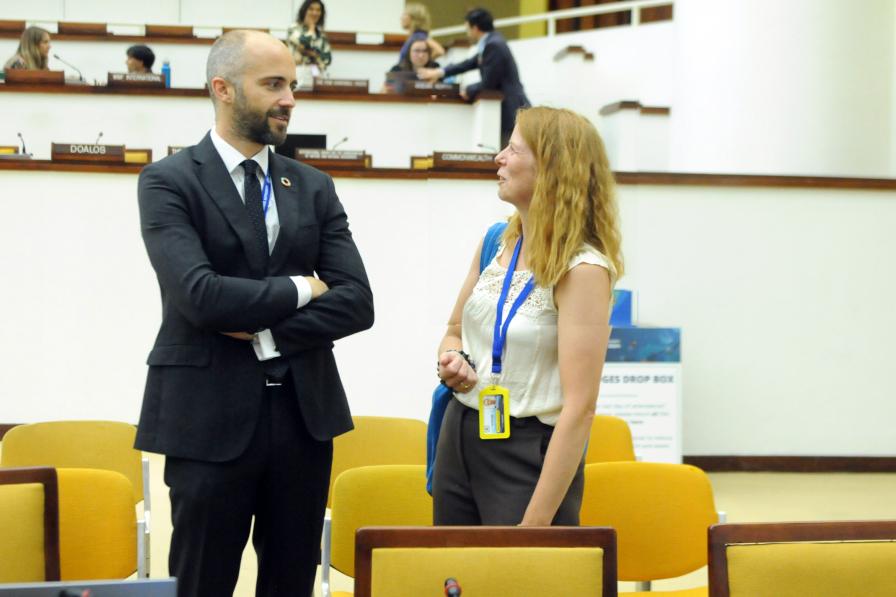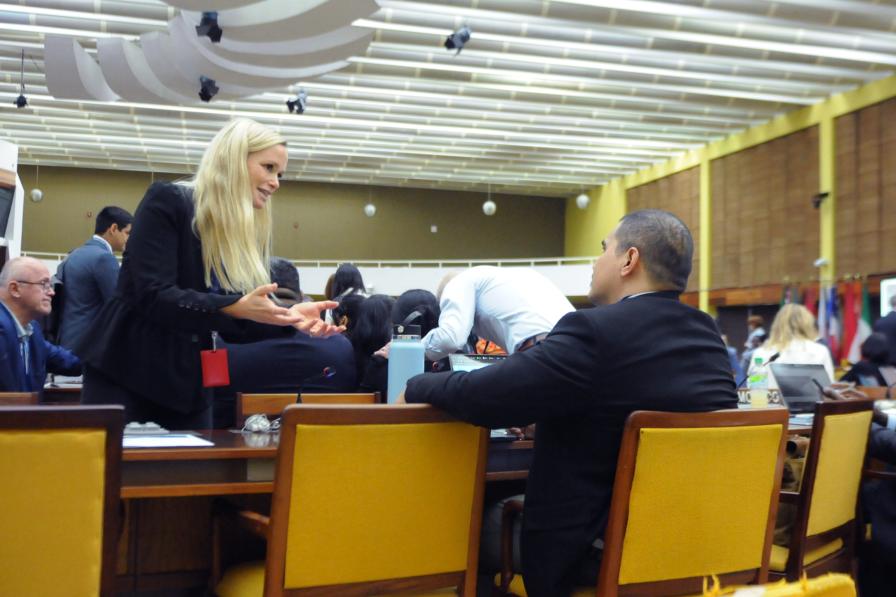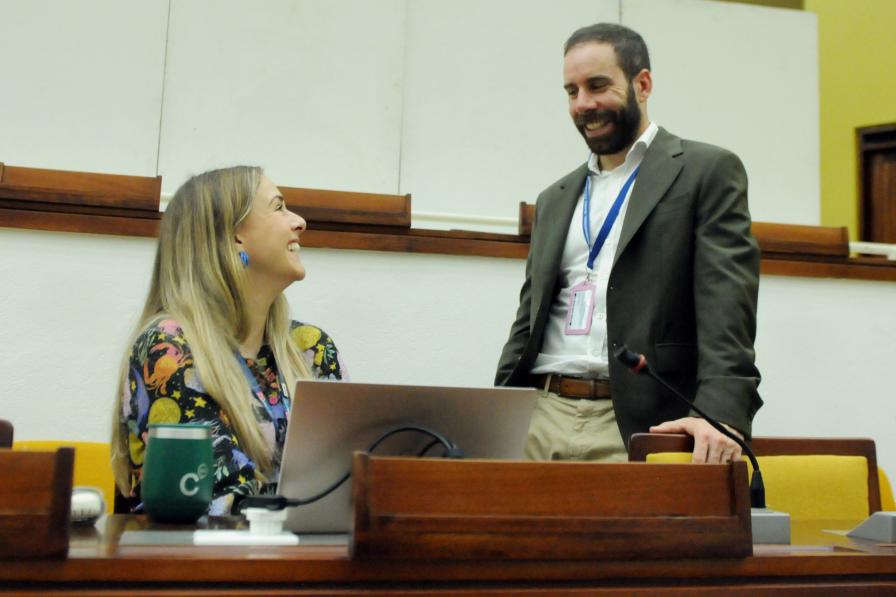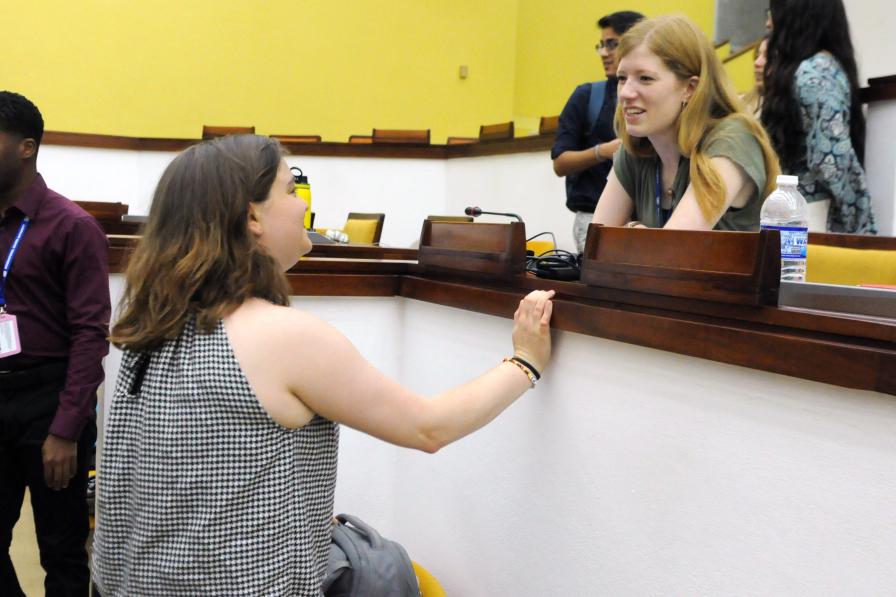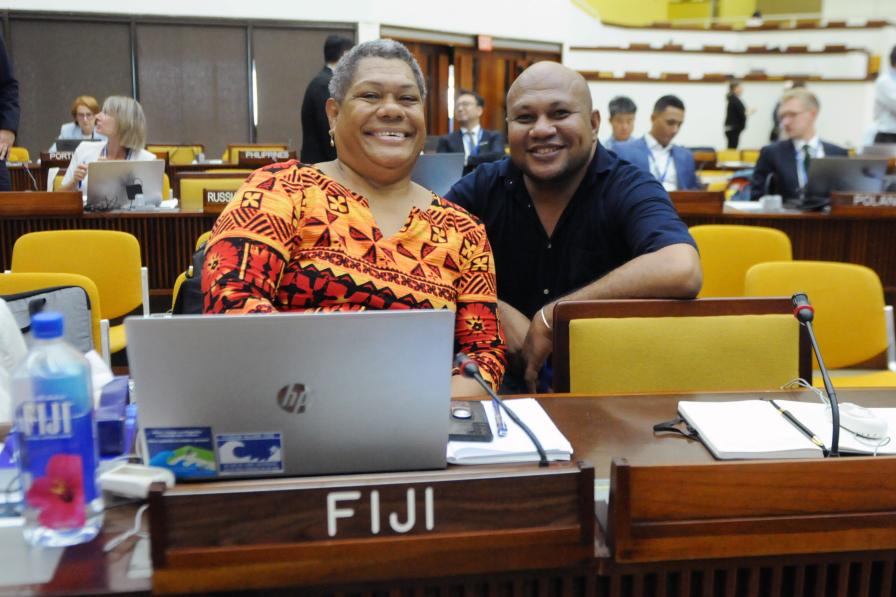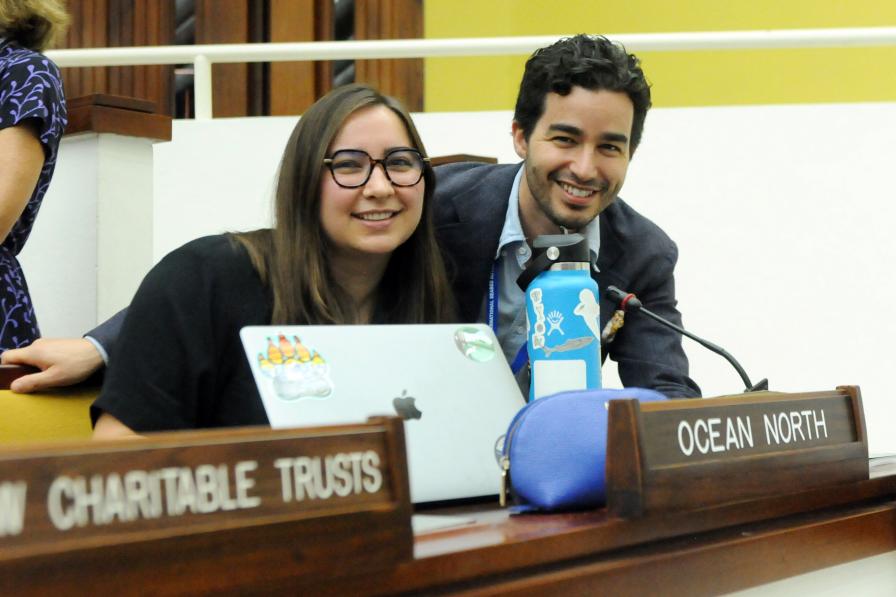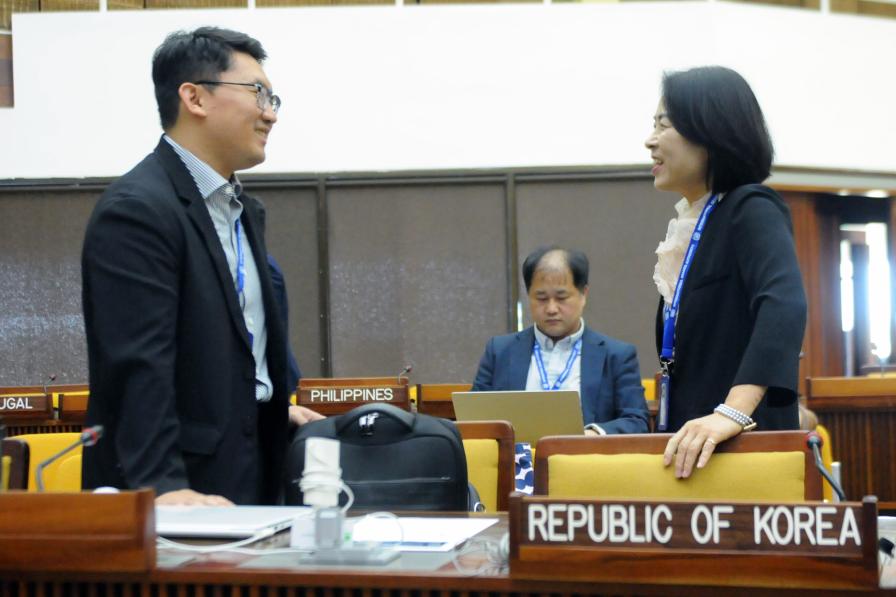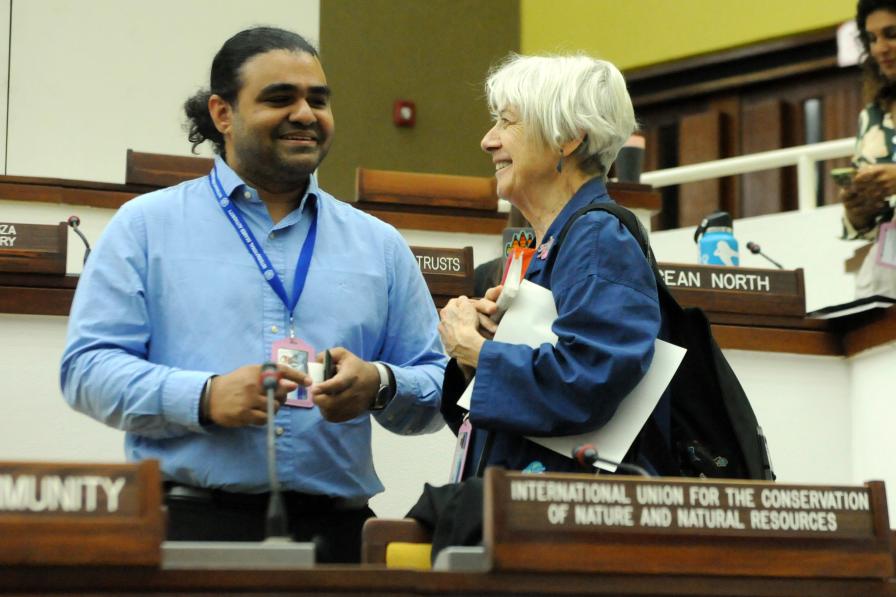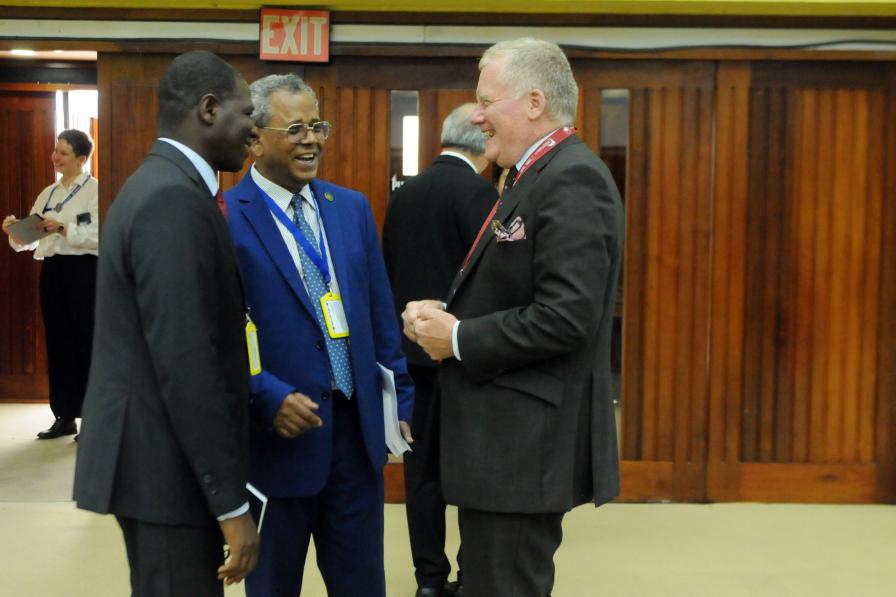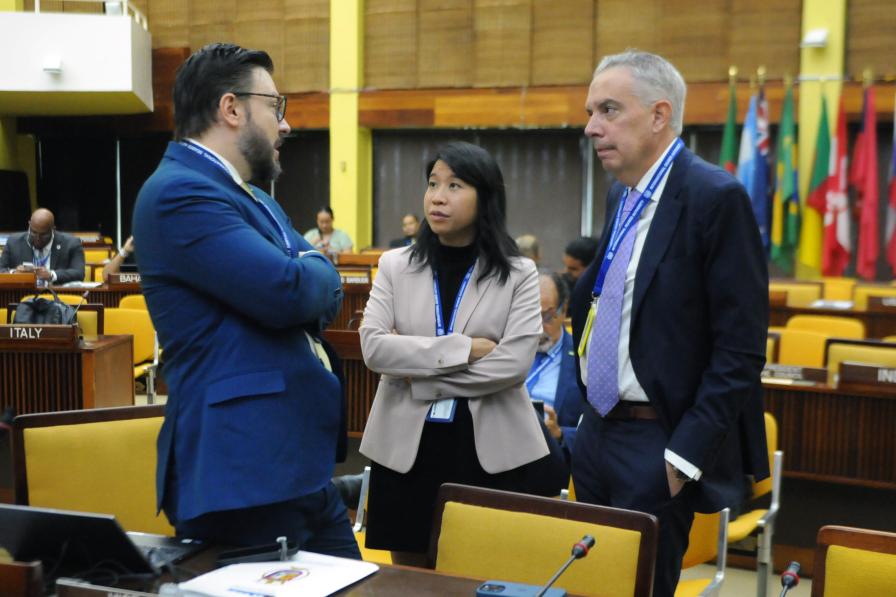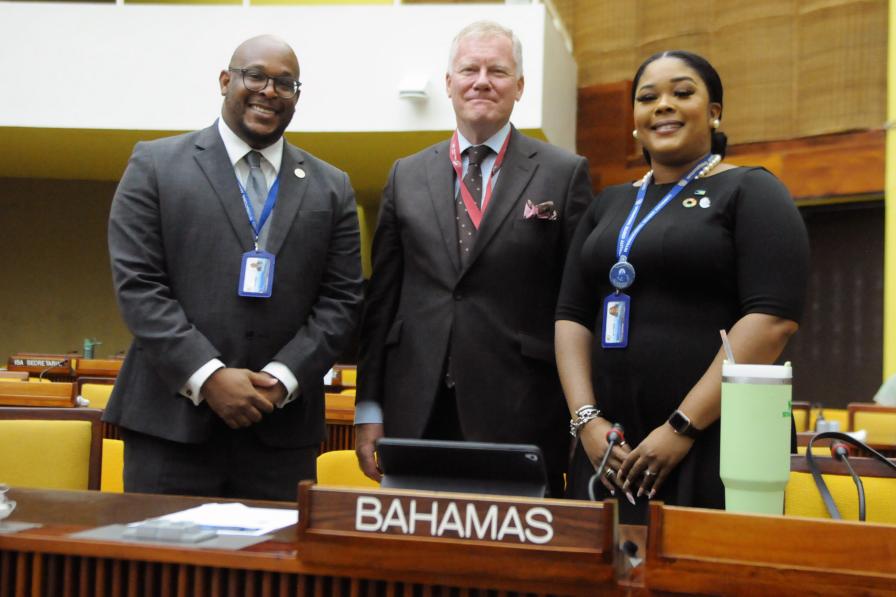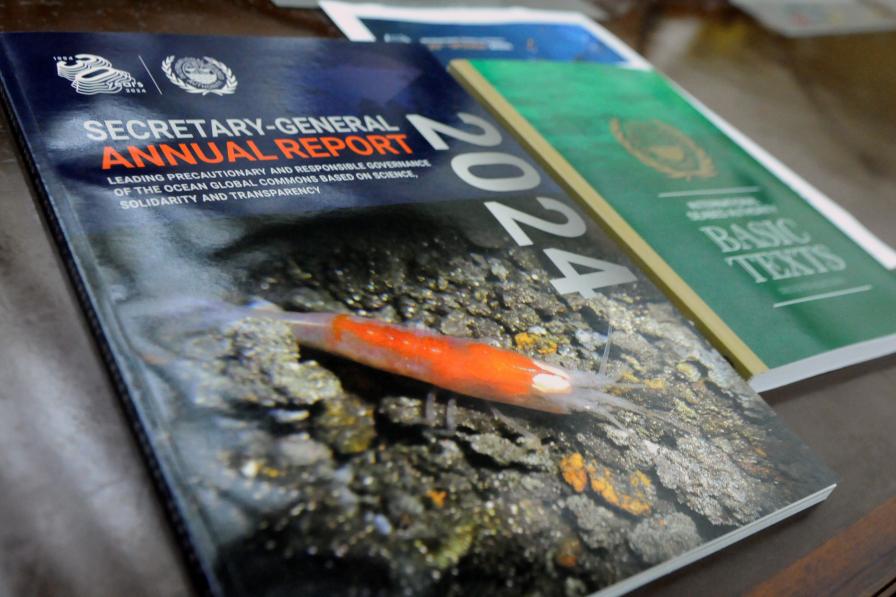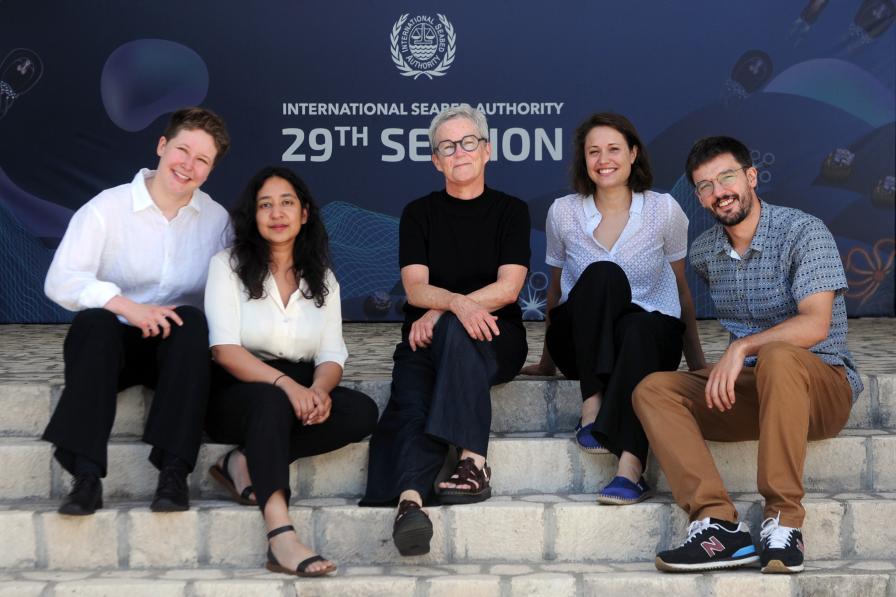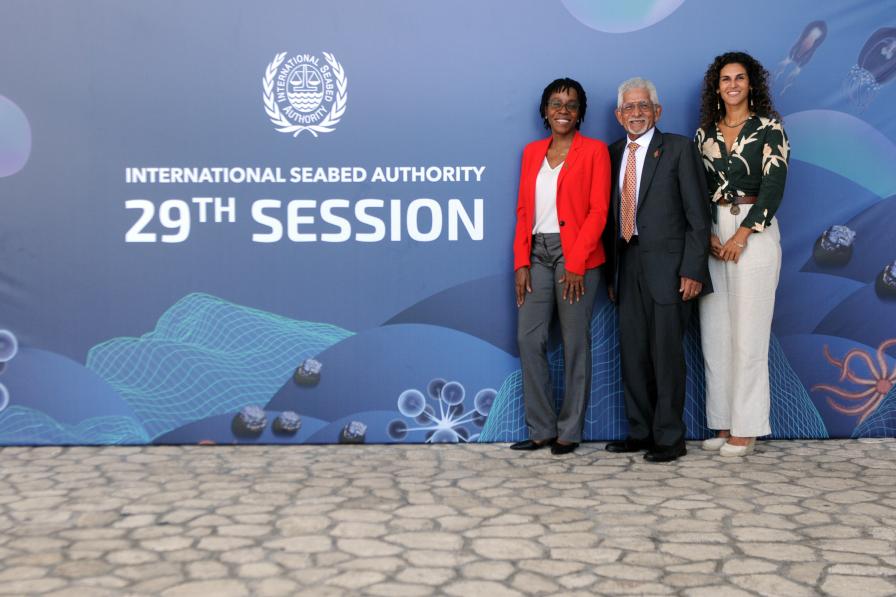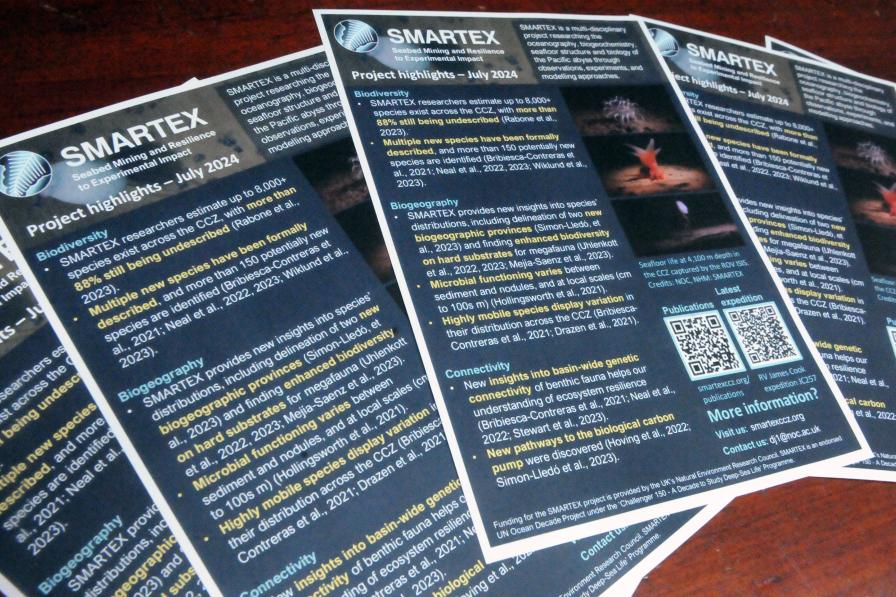The Council of the International Seabed Authority (ISA) continued its work concluding the first reading of the consolidated text of the draft exploitation regulations for deep-sea mining, focusing on provisions for inspection, compliance, and enforcement, the periodic review of the inspection mechanism and the regulations, and dispute settlement.
Following informal consultations, delegates agreed to hold an informal meeting behind closed doors to preliminarily address the Finance Committee report on Wednesday, 24 July.
Delegates discussed:
- inspectors’ powers (regulation 98);
- inspectors’ power to issue instructions (regulation 99);
- inspection reports (regulation 100);
- complaints relating to inspections (regulation 101);
- the compliance committee (regulation 102);
- ship notification, electronic monitoring, and data reporting (regulation 102 bis);
- compliance notice, suspension, and termination of exploitation contract (regulation 103);
- power to take remedial action (regulation 104);
- sponsoring states (regulation 105);
- the periodic review of the inspection mechanism (regulation 105 bis);
- settlement of disputes (regulation 106); and
- review of these regulations (regulation 107).
Delegates further commented on the draft regulation on whistle blowing procedures (regulation 101 bis), which was deleted from the consolidated text with the understanding that it will be included in a general ISA policy. Delegates discussed this option, as well as whether to include the provision in a regulation or under relevant rules and procedures, without reaching consensus.
On inspection, discussions focused on:
- the threshold for issuing written instructions, with delegates debating between “harm,” “serious harm,” and “harmful effects” to the marine environment;
- the need to future-proof the regulations, keeping pace with state-of-the-art technology;
- steps that the compliance committee will have to take following an inspection report, in particular for urgent measures and cases of violence, intimidation, or abuse; and
- modalities for addressing complaints reported to the compliance committee, including whether contractors can also raise complaints.
Discussions on the compliance committee focused on whether it should be part of the Legal and Technical Commission (LTC) or a subsidiary body of the Council.
On the section on enforcement and penalties, many delegates stressed that enforcement actions should be undertaken by the ISA when necessary to ensure compliance with the regulations and the exploitation contract. Regarding the compliance notice, they emphasized that the sponsoring state must be informed of any possible violation committed by a contractor and have the possibility to take coercive measures.
Delegates further discussed ways to distinguish between courses of action according to the severity of the breach, focusing on monetary penalties, and suspension or termination of a contract.
On the power to take remedial action, some delegations suggested that the costs and expenses incurred by the ISA in taking remedial action could be covered by the environmental performance guarantee paid by contractors.
On the settlement of disputes, some delegations noted that the reference to Section 5 (settlement of disputes and advisory opinions) of Part XI of the UN Convention on the Law of the Sea (UNCLOS) suffices to frame the process. A member suggested exploring the possibility of establishing a mechanism on the settlement of disputes within the ISA.
On the regulations’ review, delegates debated whether amendments should apply retroactively for exploitation contracts that have already been signed.
Many delegates welcomed the reincorporation of text establishing an appropriate transition period for existing contractors to implement any amendments to the regulations. They also discussed the process through which amendments to the regulations can be requested.
To receive free coverage of global environmental events delivered to your inbox, subscribe to the ENB Update newsletter.
All ENB photos are free to use with attribution. For the 2nd Part of the 29th Annual Session of the ISA, please use: Photo by IISD/ENB - Diego Noguera
